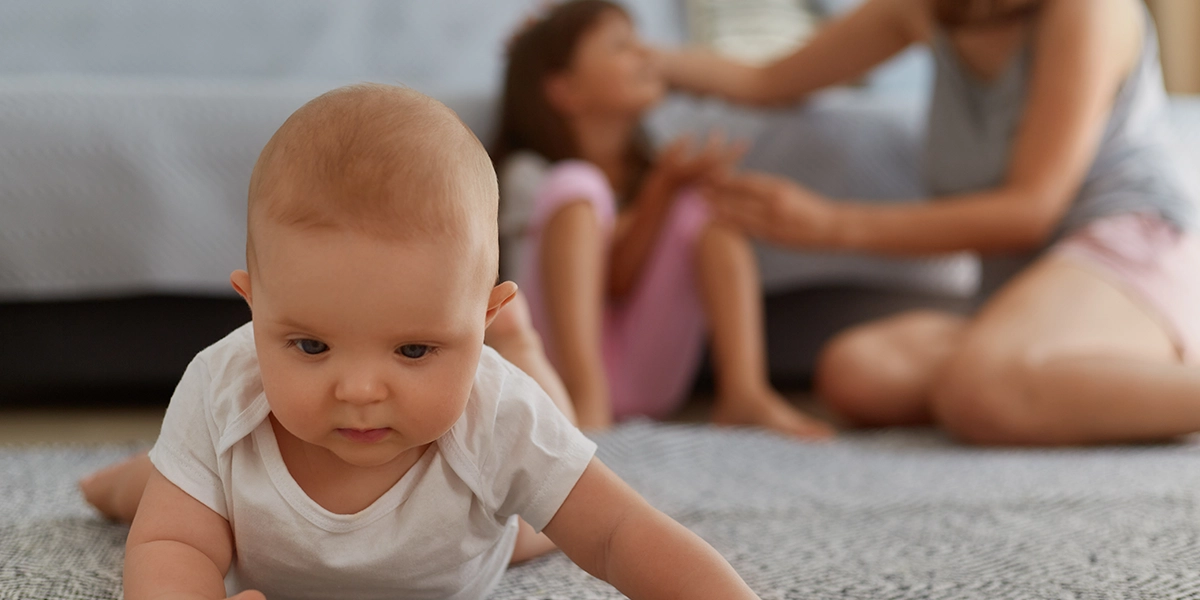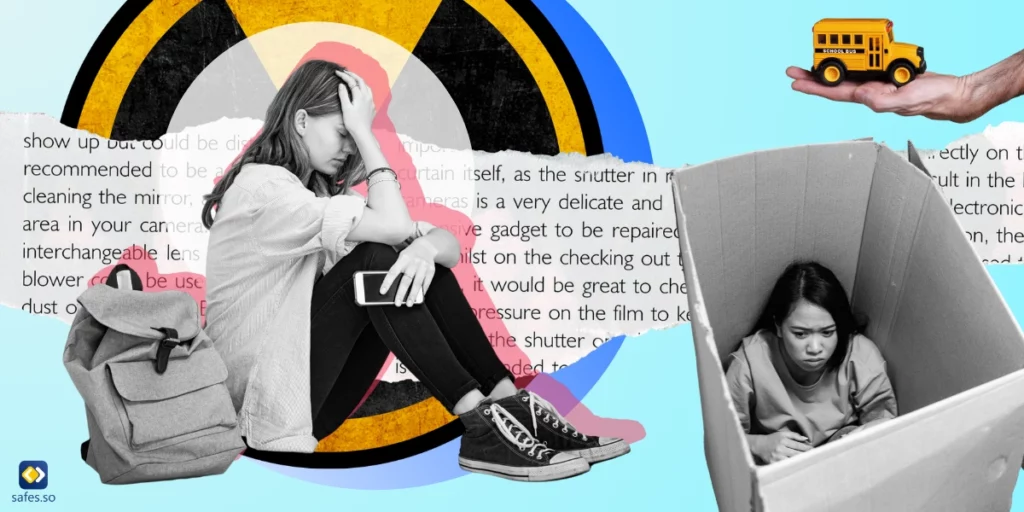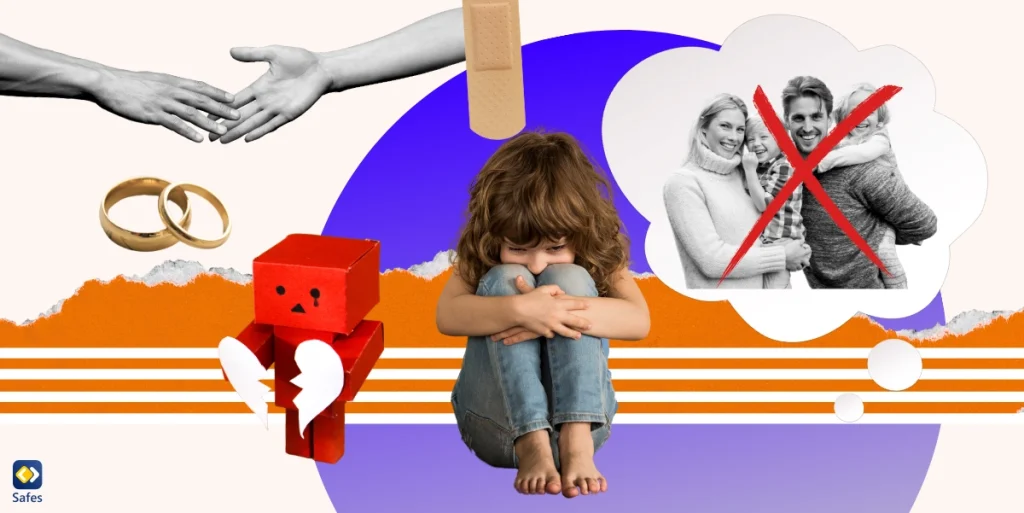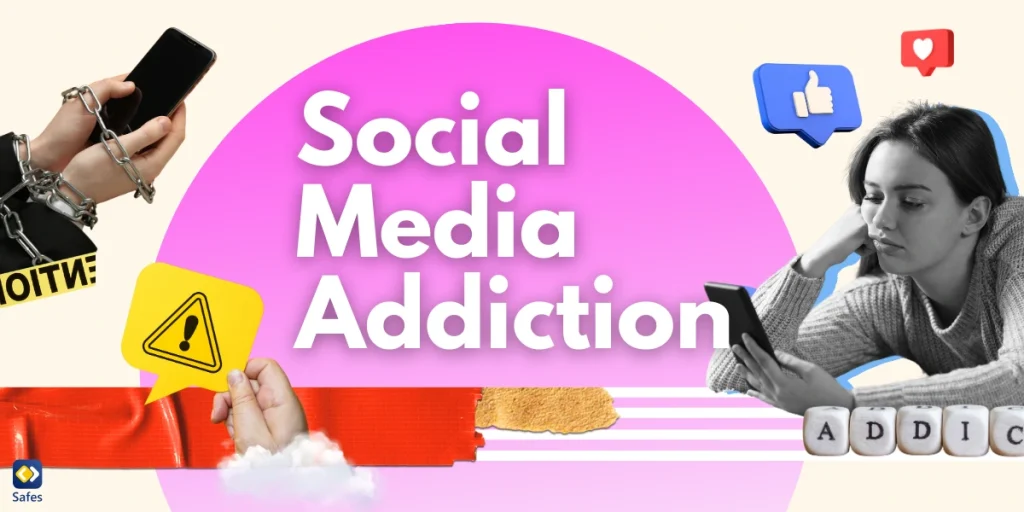Being a parent can be tricky: It involves accepting responsibility for another human being’s life who might grow up and blame you for everything that went wrong. It’s not always your fault, as you don’t have control over everything that happens. However, a lot of times, it’s exactly your fault. Now, most of the time, it’s not intentional, because no parent actually wants to hurt their child. However, our intentions rarely matter once the damage has been done. That’s why we should keep an open eye while we still have time.
Download and Start Your Free Trial of the Safes Parental Control App
In this article, we will define bad parenting, identify signs of bad parenting, and discuss ways to address them.
What Does Bad Parenting Mean?
Bad parenting refers to a lack of parental discipline, guidance, and/or support. It is characterized by a parent’s inability or unwillingness to provide their child with the care and attention they need in order to develop into a healthy, well-rounded adult. Bad parenting can lead to a variety of negative outcomes for children including behavioral issues, academic difficulties, and emotional problems.
However, the above definition leaves room for a lot of misunderstanding. It’s important to note that bad parenting refers to the things parents do that will profoundly affect a child’s well-being and will have negative effects on their future. Small mistakes—which every parent can make occasionally—do not constitute poor parenting practices.
Common Signs of a Bad Parent
The following list provides some examples of bad parenting behavior that indicate you might be doing parenting wrong:
Abuse
All forms of abuse—whether it’s emotional, physical, or sexual—are the most serious parenting behaviors that one can commit. Moreover, neglect from a parent can be a sort of emotional abuse that might have long-lasting effects on a child’s emotional health.
The statistics of child abuse and neglect are concerning. According to the Centers for Disease Control and Prevention (CDC), 1750 children lost their lives to abuse in 2020. Also, 1 in 7 children was subject to abuse and neglect in 2021. This calls for extra attention and preventive measures.

Favoritism Between Siblings
Parents often deny that, but favoritism toward a certain child happens in many cases. A study published in the Journal of Family Psychology showed that 74% of mothers and 70% of fathers showed some sort of preferential treatment toward one child.
If a parent shows favoritism to one child over another, it can lead to feelings of resentment toward parents and the favored sibling, loneliness, and low self-esteem.
Constant Criticism
Constant criticism can damage a child’s self-esteem and sense of self-worth. It can make a child feel inadequate, worthless, and unloved. Negative feedback should be balanced with positive encouragement, and parents should focus on their child’s strengths rather than their weaknesses.
Some parents think that by constantly criticizing their children, they push them forward and keep them moving to enhance themselves. But this is an incorrect assumption. Constant criticism is one of the signs of a bad parent-child relationship and should be avoided.
Overprotectiveness
A common bad parent’s sign is overprotectiveness. Overprotective parents may prevent their children from developing necessary skills and independence, such as decision-making, problem-solving, and risk-taking. These skills are essential for children to become successful and confident adults. Overprotectiveness can also lead to anxiety and fear in a child.
There’s a difference between keeping your child safe and keeping them in prison. Try to learn the difference.
Inconsistent or Harsh Discipline
Inconsistent or harsh discipline can lead to confusion and fear in a child. Children need clear and consistent boundaries to feel secure, and overly harsh punishment can damage a child’s self-esteem and sense of worth. Parenting should be balanced, and firm but not too harsh. Read more about 5 approaches to disciplining a child without hitting.
Strategies to Address Bad Parenting
It’s important to note that overcoming bad parenting behaviors is a difficult and ongoing process. It requires self-reflection, patience, and commitment to change. Here are some strategies that could be helpful:
Seek Professional Help
Seeking the guidance of a mental health professional or therapist can help you identify and address the underlying issues that are contributing to your bad parenting behaviors.
Practice Self-Reflection
Take time to reflect on your parenting style and behavior. Ask yourself what may be causing these negative behaviors and what changes you can make to improve your parenting.
Develop a Support System
Surround yourself with supportive people who can offer guidance and encouragement as you work to improve your parenting. Connecting with other parents and talking about common issues with them is a terrific method to do this.
Educate Yourself
Read books and articles or attend parenting classes to learn effective parenting strategies and techniques.
Practice Positive Reinforcement
Instead of constantly criticizing your children, focus on praising and rewarding positive behaviors. A little bit of positivity goes a long way.
Provide Consistent and Fair Discipline
Develop a consistent and fair approach to discipline that is appropriate for your child’s age and development. Learn why your kid shouldn’t be watching movies not suited at their age.
Parental control apps can provide consistent and fair discipline for children by allowing parents to set and enforce rules around their children’s use of digital devices and the internet. These apps can help parents manage screen time, filter inappropriate content, block access to certain apps and games, and track their child’s location. All of this has been made possible by Safes. You can install it on iOS, Android, or Windows and start your free trial period.
Treat All Children Equally
This is easier said than done but try to avoid showing favoritism between siblings and strive to treat each child fairly and with love and respect. Remember that they all love you and see you as their only mother/father. So give them all the same amount of attention and treatment.
Learn to Let Go
While it’s important to protect your children, overprotectiveness can hinder their growth and development. Learn to let go and allow your children to make mistakes and learn from them.
Take Care of Yourself
Remember to take care of your own physical and mental health. Taking care of yourself can help you be a better parent.
Conclusion
It’s important to note that parenting is a complex and challenging task, and many parents may struggle at times. However, if you have one of the mentioned signs of bad parenting, it doesn’t necessarily mean that you’re a lost cause (except for abuse; if you abuse your child, you’re definitely a bad parent). Keep in mind that changing negative parenting behaviors can take time and effort. Be patient and kind to yourself and your children throughout the process.
Your Child’s Online Safety Starts Here
Every parent today needs a solution to manage screen time and keep their child safe online.
Without the right tools, digital risks and excessive screen time can impact children's well-being. Safes helps parents set healthy boundaries, monitor activity, and protect kids from online dangers—all with an easy-to-use app.
Take control of your child’s digital world. Learn more about Safes or download the app to start your free trial today!




